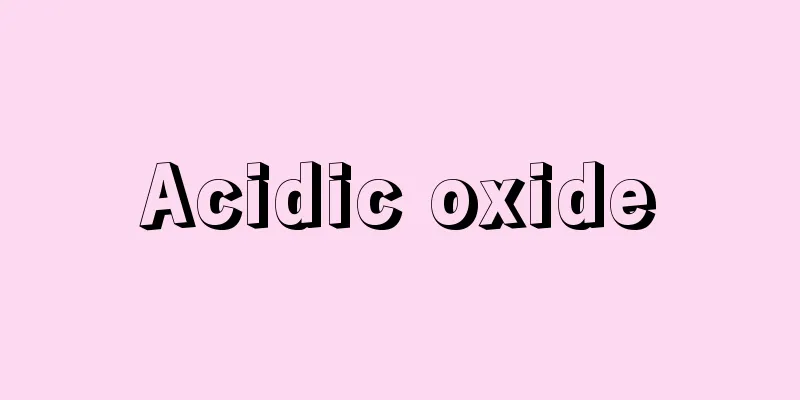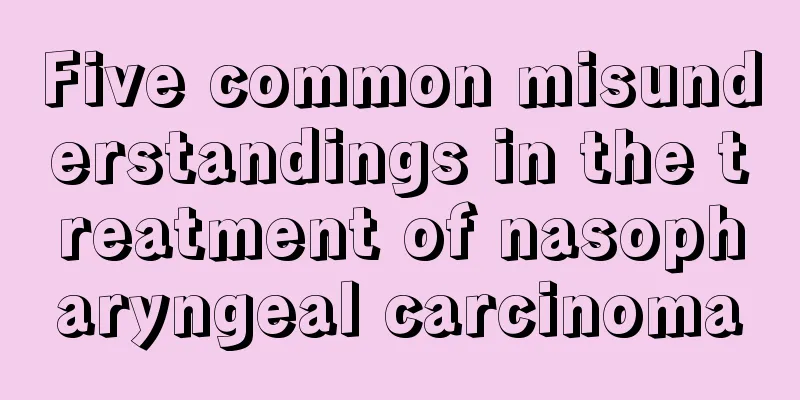How to treat liver cancer recurrence after liver transplantation? Traditional Chinese medicine cares for liver cancer patients through syndrome differentiation

|
How to treat recurrence of liver cancer after liver transplantation If liver cancer recurs after liver transplantation, treatment is relatively difficult. Generally speaking, surgical resection, liver transplantation again, local ablation, chemotherapy, hepatic artery embolization chemotherapy, etc. should be used according to the patient's condition. Clinically, different treatment plans are selected according to specific circumstances, generally including the following aspects. (1) Adjust the dose of immunosuppressants. Generally, cyclosporine or tacrolimus plus mycophenolate mofetil plus hormone triple therapy is used to prevent rejection after liver transplantation. If recurrence occurs, the use of immunosuppressants can be appropriately adjusted. Without increasing the incidence of acute rejection, hormones should be discontinued first, and the dose of cyclosporine should be reduced. Immunosuppressants with tumor suppressive effects such as sirolimus (rapamycin) can also be added. (2) Surgical treatment: Reoperation to remove the recurrent tumor is the most effective way to improve the overall survival rate and disease-free survival rate. (3) Minimally invasive treatment: isolated tumors with a diameter of less than 3 cm Or a small number of multiple tumors can be treated with anhydrous ethanol injection, radiofrequency and other local ablation treatments. For multiple tumors or larger tumors that recur in the liver and cannot be surgically removed or treated with local radiofrequency ablation, hepatic artery chemoembolization can be used. (4) Other treatments. If the patient has extensive metastasis, palliative treatments such as radiotherapy and chemotherapy can be used to control local tumor growth, improve the patient's quality of life, reduce pain, and prolong life. TCM Nursing of Liver Cancer Patients through Syndrome Differentiation The incidence of liver cancer is very high in our country. The conditioning of all aspects of the patient's body after surgery is crucial to the patient's prognosis. Traditional Chinese medicine can provide syndrome differentiation and care based on the patient's different conditions, which can help patients recover their health better. Liver stasis and spleen deficiency type This type of patient may experience liver pain, fatigue, loss of appetite, chest tightness and chills, etc. The key points of nursing are to soothe the liver and regulate qi, and to invigorate qi and strengthen the spleen. Traditional Chinese medicine believes that the liver likes to be smooth and hates depression, so patients should maintain an optimistic attitude and not sit in depression, worry, or be nervous. Family members should care and enlighten from many aspects. The diet should consist of high-calorie, easily digestible light food. Those with poor appetite and severe vomiting can use appetizers such as tangerine peel, amomum villosum, and bamboo shavings, decocted in water and drunk as tea, which helps increase appetite and alleviate symptoms. Liver and gallbladder damp-heat type Patients of this type may experience bitter taste in the mouth, phlegm in the mouth with a sticky feeling, loss of appetite, soreness and weakness in the body, dizziness and swelling of the head. Nursing should be based on the principle of clearing heat and removing dampness. The diet should be as light as possible, and can be made into a diet therapy with Chinese medicine that clears heat and removes dampness, stimulates appetite and strengthens the spleen, such as grinding a proper amount of coix seed into powder and mixing it with water for cooked food; for those with severe thirst, Liuyi powder can be used to soak in water instead of tea; observe the urination situation, protect the abdomen, and prevent external impact or fall from causing liver rupture; hot compresses are prohibited in case of abdominal pain; when the abdomen is full and the stool is blocked, 10g of raw rhubarb can be soaked in water instead of tea to relieve turbidity, dampness and heat. Heat-toxic Yin-damaging type Nursing should be based on the principle of nourishing yin and clearing heat. You can use raw rehmannia juice and polished rice to cook porridge to nourish yin, produce body fluid and clear heat. Patients with ascites should strictly control their salt intake. Those with severe abdominal pain or even bleeding should fast and be guided by doctors for nursing. At the same time, ensure that patients get enough sleep and keep the patient's recuperation environment quiet and comfortable. For hot flashes and night sweats, you can use Artemisia capillaris and Artemisia annua to soak in water instead of tea. For patients with high fever, physical cooling and drug cooling can be used, such as alcohol bathing and oral administration of Angong Niuhuang Pills, etc., and pay attention to indoor air circulation. Those with constipation can eat honey to moisten the intestines or use suppositories externally to make the bowel smooth as much as possible to eliminate turbidity and dampness and remove heat toxins. |
Recommend
What is the cause of heel pain
Some people may find that they have pain in the b...
What should I do if my dentures fall off
Many people have experienced dental problems. Den...
What is the reason for the crooked mouth? Can it be cured?
Many people have crooked mouths, most of which ar...
What are the related causes of lung cancer? Beware of 3 causes of lung cancer
No one can smoke for a long time, so that their l...
Will long-term running make you taller at the age of 40
After entering the middle-aged stage, it is very ...
Can I use a facial mask during menstruation?
Facial mask is a skin care product that female fr...
Lung cancer obstructive pneumonia
Obstructive pneumonia is lung cancer to a certain...
The swelling of the chin was reduced so quickly after injecting hyaluronic acid
Injecting hyaluronic acid into the chin is a comm...
What are the targeted drugs for treating lung cancer
The commonly used molecular targeted drug for lun...
The difference between bleaching and dyeing hair
There is a big difference between bleaching and d...
What should I do if I have abdominal pain caused by Henoch-Schönlein purpura?
Abdominal pain is a common clinical symptom, and ...
What to do if you often have a sore throat
Frequent sore throat is quite uncomfortable, and ...
What are the main treatments for lung cancer? Lung cancer patients can try these dietary remedies
Lung cancer is a type of lung disease, and its in...
Can floral water cure body odor?
Summer weather is hot, and the human body is usua...
Can the five-nut pancake filling become soft?
Five-nut cake is a snack with very good taste. It...









